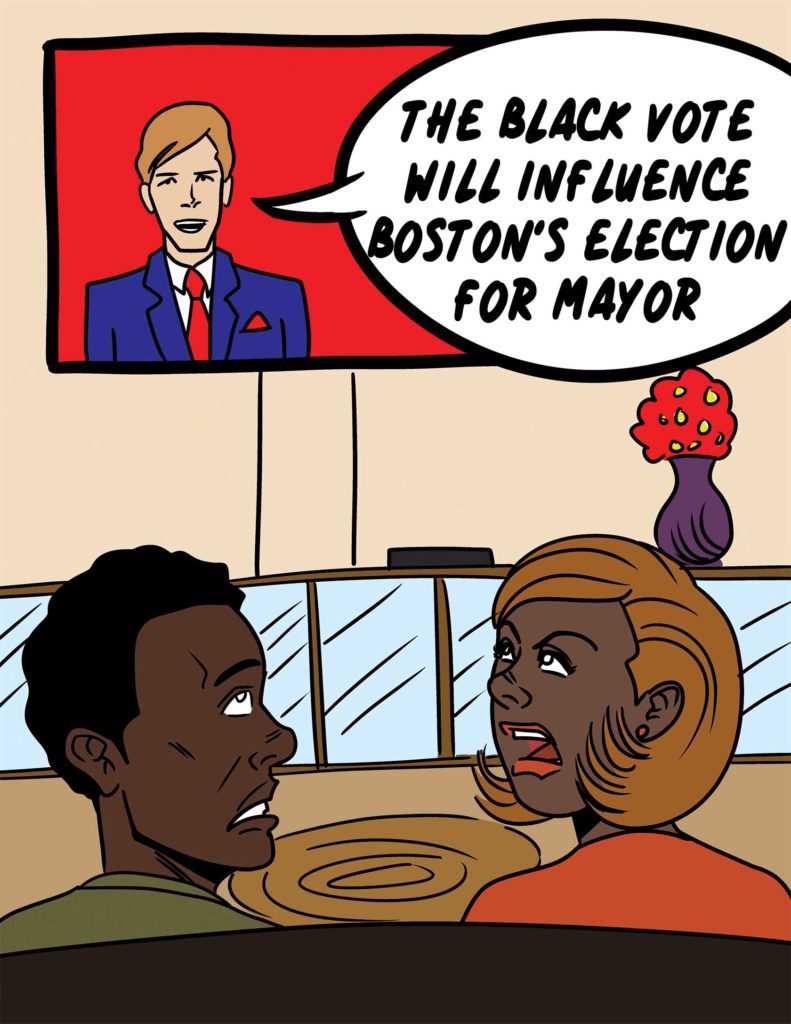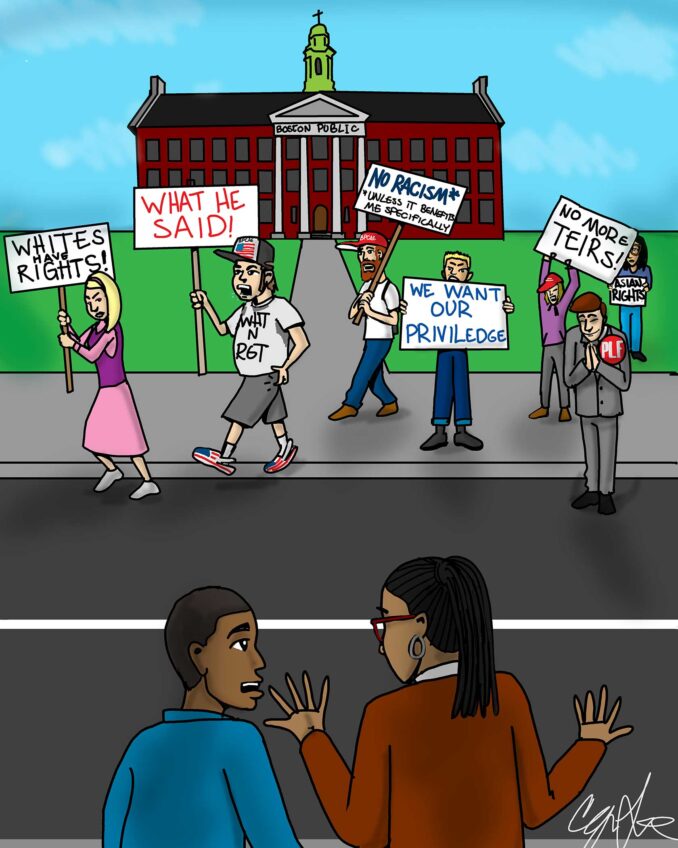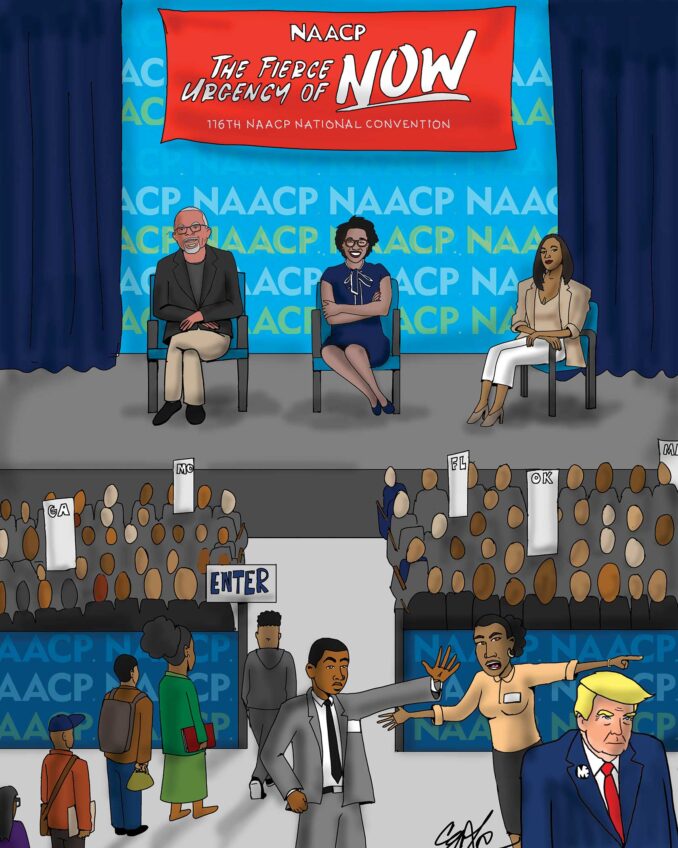
Discrimination on the basis of race or religion violates the American creed. Nonetheless, there is a continuing inequality against Blacks. As a result, Blacks have to engage in a constant battle to improve their opportunities for justice and affluence. One strategy is to win elections and acquire political power in the society. That does not always mean just having Blacks hold high office, but Blacks were hoping to win the coming election for mayor of Boston.
Many Blacks in Boston are disappointed that neither City Councilor Andrea Campbell nor acting Mayor Kim Janey advanced to the preliminary election for mayor. For Blacks to blame whites for the election results is inadvisable. It only alienates allies and subverts a sound analysis of the Black turnout.
According to the recent U.S. Census, Blacks constitute only 19% of Boston’s population. Reliance on the Black vote will not assure victory in any future citywide race. Black politicians who have been successful in Massachusetts are the late Sen. Edward W. Brooke, who served from 1967-1979, and Governor Deval Patrick, from 2007-2015. Neither depended heavily on the Black vote for their political success.
Blacks with no understanding of the history and culture of Boston should look elsewhere to understand the complexity of Black politics. For example, a far more interesting phenomenon is the Black electorate in Detroit, Michigan. With a Black population of 75% of the total, the people have elected Mike Duggan mayor since 2014. Blacks have responded favorably to the humanism of a white man for mayor.
The result of Boston’s election for mayor will turn on whatever Blacks prefer, the warm temperament of City Councilor Annissa Essaibi George or the crass ambition of City Councilor Michelle Wu. At any rate, it is very important for Blacks to vote. Just show up and vote present so that whoever wins is reminded that there is a substantial voting bloc ready to be unleashed in support of the right candidate — despite race.






